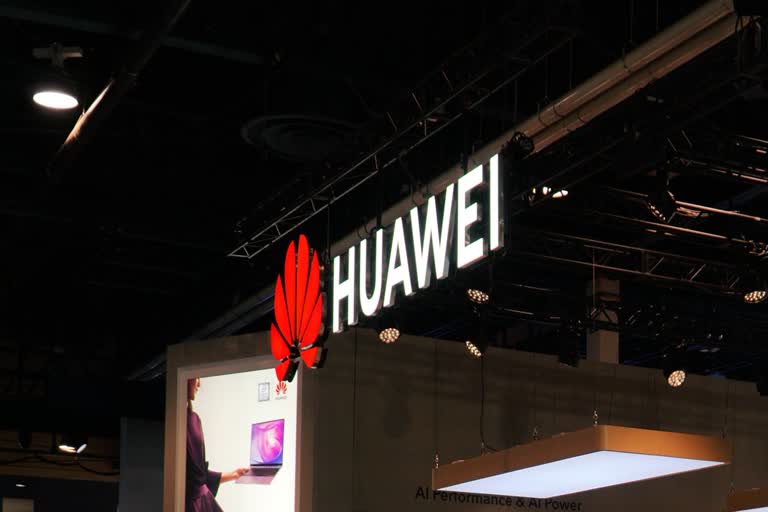San Francisco: US internet giant Google, whose Android mobile operating system powers most of the world's smartphones, said Sunday it was beginning to cut ties with China's Huawei, which Washington considers a national security threat.
In the midst of a trade war with Beijing, President Donald Trump has barred US companies from engaging in telecommunications trade with foreign companies said to threaten American national security.
The measure targets Huawei, a Chinese telecoms giant in Washington's sights that are listed by the Commerce Department among firms with which American companies can only engage in trade after obtaining the green light from the authorities.
The ban includes technology sharing.
"We are complying with the order and reviewing the implications," a Google spokesperson told AFP.
The move could have dramatic implications since Google, like all tech companies, must collaborate with smartphone makers to ensure its systems are compatible with their devices.
Read more:Redmi Note 7S with 48MP primary camera now in India
Google will have to halt business activities with Huawei that involve the transfer of hardware, software and technical services that are not publicly available -- meaning Huawei will only be able to use the open source version of Android, a source close to the matter told AFP.
Huawei will no longer have access to Google's proprietary apps and services, such as the Gmail email service.
Huawei did not immediately respond to requests for comment.
Huawei is a rapidly expanding leader in 5G technology but remains dependent on foreign suppliers.
It buys about USD 67 billion worth of components each year, including about USD 11 billion from US suppliers, according to The Nikkei business daily.
Huawei is the target of an intense campaign by Washington, which has been trying to persuade allies not to allow China a role in building next-generation 5G mobile networks.
US government agencies are already banned from buying equipment from Huawei.
Huawei founder and CEO Ren Zhengfei said Saturday that "We have not done anything which violates the law," adding the US measures would have a limited impact.



